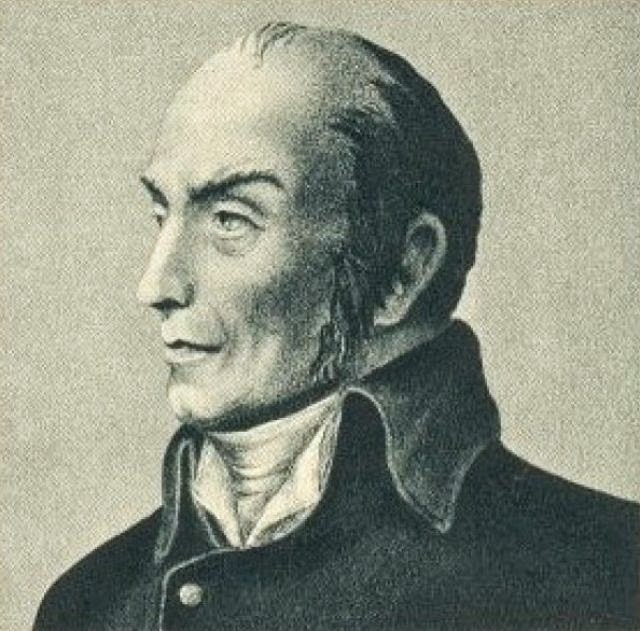Emperor Napoleon
Bonaparte was famous for saying "An army marches on its stomach." It
is also reported that Frederick the Great, the King of Prussia from 1740 to
1786, might have made this quote before Napoleon.
 |
| Frederick The Great |
Neither-the-less both
these great commanders understood that an army needs to be supplied. Hungry men
do not march quickly, or fight well. Extremely hungry men will lose their
resolve to campaign and will begin deserting.
General George
Washington experienced this when the Americans wintered at Valley Forge in
1777-1778. The Colonial army had been beaten badly by the British and were very
low on supplies. Washington knew how dire their situation was and is reported
to have said - "If the army does not get help
soon, in all likelihood it will disband."
 |
| Valley Forge Winter of 1777-1778 |
It was a harsh winter,
cold, hunger, disease, dozens of men disserted. By March General Nathaniel
Green was able to get much needed food to Washington's army and the arrival of Baron von Steuben, who actually fought under
Frederick the Great, began training Washington's remaining ragtag army that stuck
it out through that winter at Valley Forge.
 |
| General Steuben Training Troops at Valley Forge |
Steuben could not speak
English, and the Americans didn't speak German, but he did know French and Many
of Washington's officers knew French. French at the time was the diplomatic
language. One of the reasons the French hate us Americans so much. The
international language is now English.
 |
| General Steuben |
Steuben would
write his training manuals into French for Washington's officers to then
translate them into English. By June of 1778 a new American army emerged from
Valley Forge ready to take on the British, because of their willingness to
suffer though that bitter cold winter, food finally arriving in time, and the
military training a Baron von Steuben.
 |
| Napoleon and his Grande Armee |
Napoleon, knew how
important it was to feed his Grande Armée, that he offered an award 12,000 francs
for whomever could develop a way to feed his army. Nicholas Appert,
 |
| Nicholas Appert - The Father of Canning |
 |
| One of Appert's first preserved bottles |
Today we use alumni cans but it all began with Napoleon to feed La Grande Armée and Nicholas Appert.
No comments:
Post a Comment